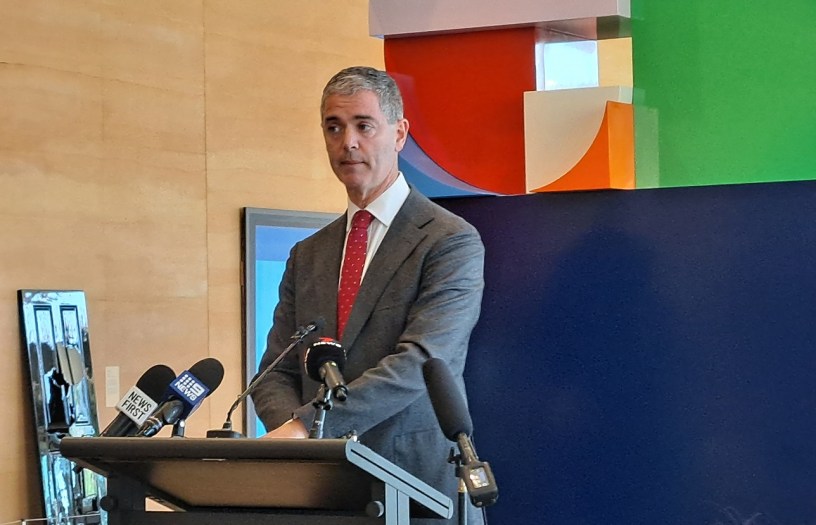The NSW Government has vowed to give the state’s screen agency greater independence and develop a business case for a second major film studio as part of a new ten-year cultural policy unveiled this week.
However, the strategy has been labelled a missed opportunity by Screen Producers Australia (SPA), which says it falls short of properly addressing key issues in the sector.
Designed to complement the Federal Government’s Revive National Cultural Policy, Creative Communities comprises five core principles — prioritise First Nations culture; embrace the arts, culture, and creative industries; advocate for the value of culture; support sustainable growth; and take our creativity to the world and bring the world to our stories.
It comes five months after Arts Minister John Graham released a discussion paper to inform the policy, inviting written submissions from across the creative industries to be reviewed by a ministerial advisory panel, which included members such as Blackfellla Films producer Darren Dale.
Among the points of interest for the screen sector is a commitment to make Screen NSW more independent and “strengthen its capacity to serve the industry by shortening investment approval timeframes, contracting and payment terms, and expanding the role of the board”.
However, SPA CEO Matthew Deaner argued this does not go far enough, calling for the government to return Screen NSW to the structure it had before merging with Arts NSW in 2017 to come under Create NSW, which operates within the Department of Enterprise.
Deaner said the failure to address this within the policy was a “major disappointment”, especially given the impact of the government’s now-defunct proposal to cut $60 million from the state’s screen funding programs,
“Unlike every comparable screen agency, Screen NSW lacks autonomy, is buried deep in a bureaucracy, and cannot respond nimbly and effectively to the opportunities around it,” he said.
“This is deeply frustrating for practitioners.”
He was more positive on the prospect of a business case for a second major film studio in Sydney, describing it as a “welcome announcement”.
However, he noted a funding commitment towards the initiative would have provided more certainty.
“It’s an easy, no-brainer, and we need the funding assured so we don’t have to wait for years to see it delivered,” he said.
Other relevant aspects of the policy include introducing a new digital games seed development fund and market travel program to grow digital games industry, as well as making Callan Park available for filming on an ongoing basis.
The government has also pledged to strengthen its partnerships with NIDA and AFTRS.
Deaner said his organisation recognised Creative Communities was “the first step in putting the sector on a stronger footing”, describing it as an “important framework for future policy development and funding”.
“SPA will continue to engage positively with the NSW Government on dealing with the issues that are holding back the screen industry so that we can best work together to achieve a stronger future for our industry and the NSW public,” he said.
Find the full policy here.


